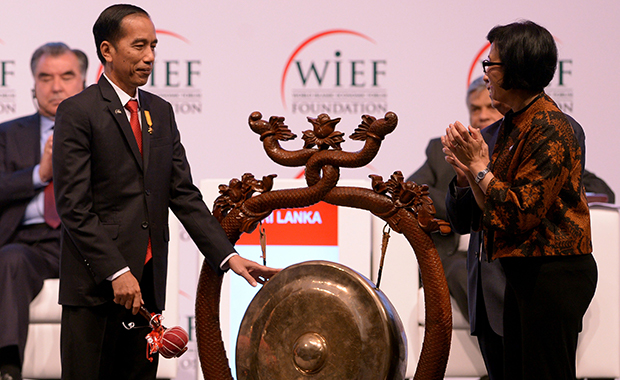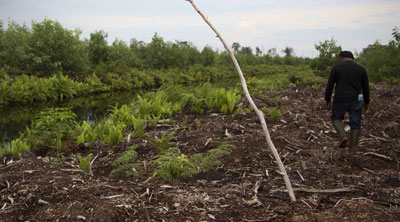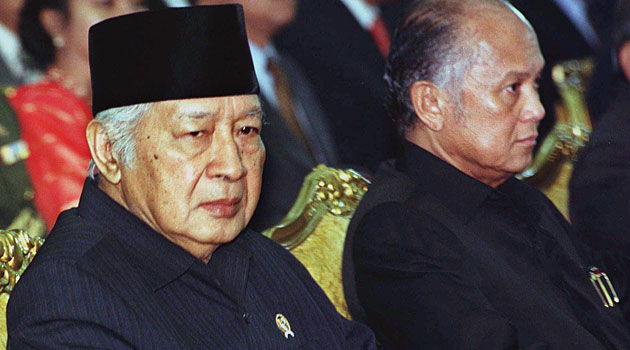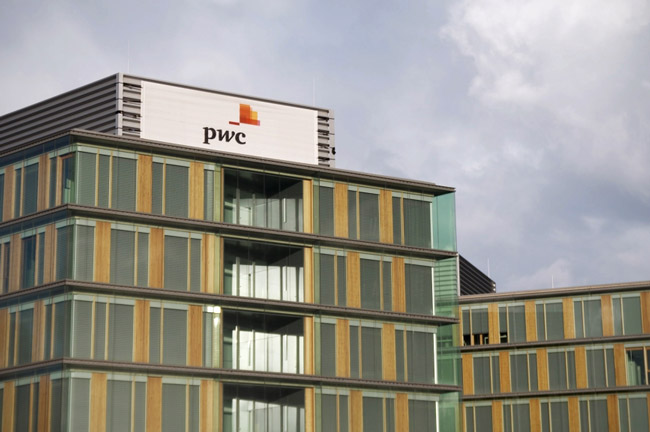Indonesia beefed up corporate transparency standards this month with a decree that will require all companies to regularly disclose their true, beneficial owners – not just their legal representatives – to authorities.
The new rules, introduced at the beginning of March, target those who reap financial benefits from the companies and are designed to prevent and combat corruption and other illicit activities.
They respond to three urgencies, a spokesman for the Indonesian financial intelligence agency wrote in an official statement: to protect corporations and shareholders, to assess criminal liability with legal certainty, and to recover assets in an effective manner. Those who violate the provisions will be subject to sanctions, he wrote.
The “catalyst” for this new regulation was the country’s need to comply with international anti-money laundering standards, said Gay Ordenes, Southeast Asia director of the Extractive Industries Transparency Initiative.
But, according to Ordenes and other experts, the government began to “feel a sense of urgency to act on” ownership disclosure after the International Consortium of Investigative Journalists (ICIJ) published a series of reports exposing how individuals and companies use tax havens to hide money and evade taxes.
“Offshore Leaks [in 2013] took us by surprise and then, of course, the Panama Papers,” said Rimawan Pradiptyo, who teaches economics at Gadjah Mada University and works as a consultant for the Indonesian anti-corruption agency.
The revelations from the two investigations prompted a deeper probe by the financial authority, Rimawan said. They also raised awareness on issues such as tax evasion in Indonesia, and “we started thinking how we can try to tackle the problem,” he said.
Overall, more than 3,000 Indonesians were found to have accounts in tax havens, including several politicians and a fugitive who had previously been convicted of corruption, according to ICIJ’s Indonesian partner Tempo.
Last year another ICIJ investigation, the Paradise Papers, also revealed that family members of the late dictator Suharto, a former presidential candidate, and other tycoons had set up offshore companies that were not previously disclosed. Natural resource conglomerates were also found to use complex, albeit legal, tax structures to expand their operations in Indonesia.
With the new law, watchdogs and researchers hope the country will have a tool to fight financial crime, which has been weighing on the country’s welfare and growth.
A 2012 survey found that half of Indonesia’s tax revenue – an estimated $56 billion at the time – may be lost due to corruption. Four years later, The Economist reported that only 27 million people – about ten percent of the country’s population – were registered as taxpayers and that, of those, fewer than one million paid taxes in 2014.
By year-end, Indonesia is also set to join the Automatic Exchange of Information initiative, a global effort to curb tax avoidance and evasion, which enables tax authorities around the world to exchange information on taxpayers’ accounts.
Described as “long-waited” and “ground-breaking,” the recent decree supplements a 2010 anti-money laundering law and defines beneficiaries as those who own at least a 25 percent stake in an legal entity or significantly control it.
It’s “wonderful because it forces people to think about who actually owns the company,” Rimawan said. “It’s a great stepping stone.”



